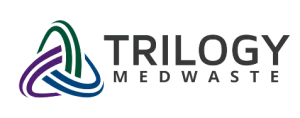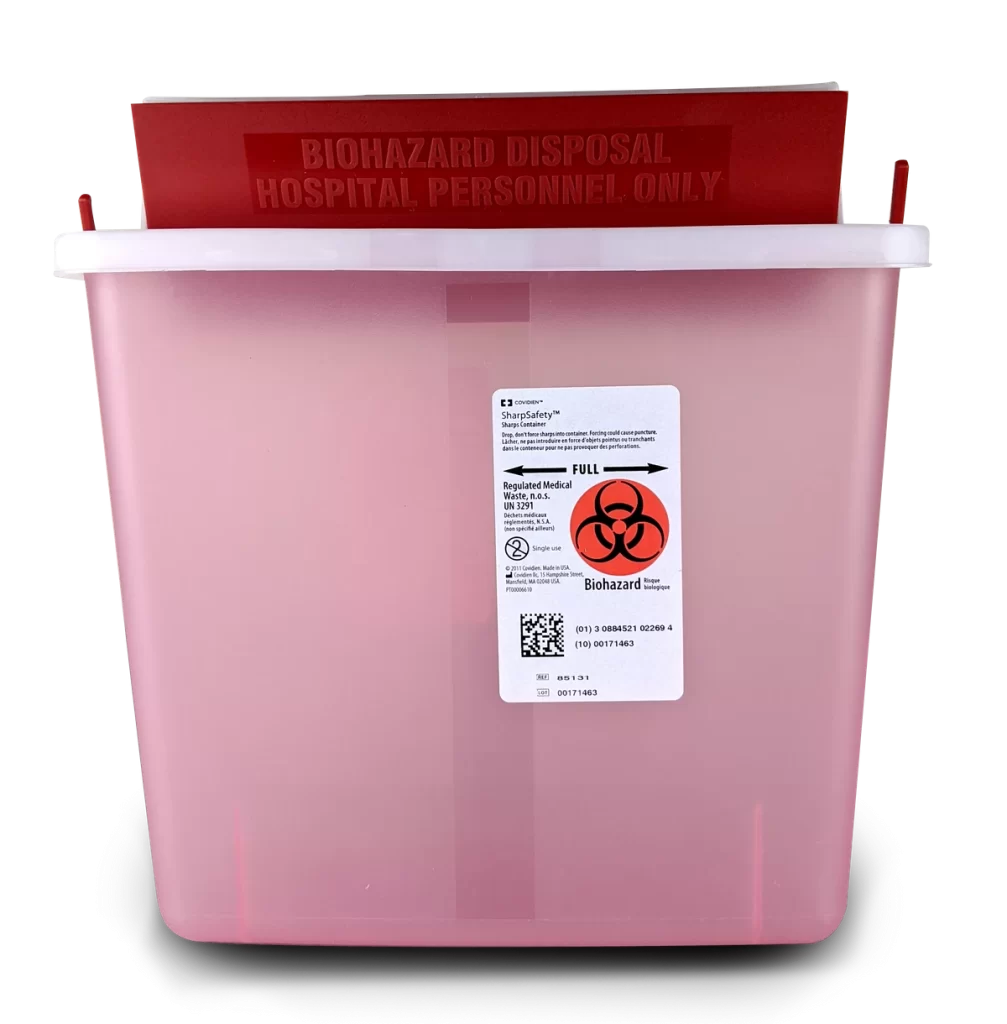Tennessee Regulated Medical Waste Compliance Standards
Medical waste management in the state of Tennessee falls under the jurisdiction of two primary state agencies: the Tennessee Department of Environment and Conservation (TDEC) and the Tennessee Department of Health (TDH). TDEC oversees the handling, storage, treatment, and disposal of medical waste, including permitting waste processors, while TDH focuses on regulations within healthcare facilities and infection control standards. These state-level regulations work in conjunction with federal oversight from OSHA, which manages worker safety and bloodborne pathogen protocols, and the EPA, which provides broader guidelines and regulations under the Resource Conservation and Recovery Act (RCRA).
How Tennessee Defines “Medical Waste”
According to TDEC Rule 0400-11-01-.01, medical waste (also called “regulated medical waste” or “RMW”) is defined as:
– Wastes generated by hospitalized patients who are isolated to protect others from communicable diseases.
– Cultures and stocks of infectious agents, including specimen cultures from medical and pathological laboratories, cultures and stocks of infectious agents from research and industrial laboratories, wastes from the production of biologicals, discarded live and attenuated vaccines, and culture dishes and devices used to transfer, inoculate, and mix cultures.
– Waste human blood and blood products such as serum, plasma, and other blood components.
– Pathological wastes (i.e., tissues, organs, body parts, and body fluids) that are removed during surgery and autopsy.
– All discarded sharps (e.g., hypodermic needles, syringes, pasteur pipettes, broken glass, scalpel blades) used in patient care or which have come into contact with infectious agents during use in medical, research, or industrial laboratories.
– Contaminated carcasses, body parts, and bedding of animals that were intentionally exposed to pathogens in research, in the production of biologicals, or in the in vivo testing of pharmaceuticals.
– Various wastes from patients known to be infected with blood-borne disease, including contaminated wastes from surgery and autopsy, wastes from medical, pathological, pharmaceutical, or other research, commercial, or industrial laboratories that were in contact with infectious agents (e.g., specimen containers, slides and cover slips, disposable gloves, lab coats, aprons), wastes that were in contact with the blood of patients undergoing hemodialysis, including contaminated disposal equipment and supplies such as tubing, filters, disposable sheets, towels, gloves, aprons, and lab coats, and discarded equipment and parts that were used in patient care, medical and industrial laboratories, research, and in the production and testing of certain pharmaceuticals and that may be contaminated with infectious agents.
Medical Waste Generators in Tennessee
In Tennessee, medical waste generators are identified in laws, statutes, and regulations as entities that produce infectious or hazardous medical waste during their operations. These generators include, but are not limited to:
- Hospitals and Healthcare Facilities
- Physician and Dental Offices
- Research Laboratories
- Pharmacies
- Veterinary Clinics
- Ambulatory Surgical Centers
- Blood Banks
- Funeral Homes and Embalming Facilities
- Home Health Services
- Dialysis Clinics
- Schools and Universities
Storage, Handling, and Disposal Regulations
Tennessee requires medical waste generators to abide by TDEC’s regulations specified in Chapter 0400-11-01 of its Rules. Key requirements include:
Storage (Rule 0400-11-01-.04):
- Medical waste must be stored in sealed, leak-proof containers
- Biohazard labeling required
- Maximum 30-day storage (90 days if refrigerated)
- Secured storage area with proper ventilation
Handling (Rule 0400-11-01-.07):
- Waste segregation requirements
- Proper container specifications
- Personal protective equipment requirements
- Sharps handling procedures
Documentation:
- 3-year record retention
- Written procedures
- Employee training records
- Shipping manifests
Treatment/Disposal (Rule 0400-11-01-.07):
- Must use permitted processors
- Approved treatment methods
- Verification of treatment
Medical waste generators must also comply with:
All medical waste generators in Tennessee are responsible for maintaining compliance with local, state, and federal regulations governing the management, storage, treatment, and disposal of medical waste. This content is provided for general informational purposes only and is intended as a high-level overview. For the most current and detailed requirements, please refer to the applicable regulatory authority in your jurisdiction.



